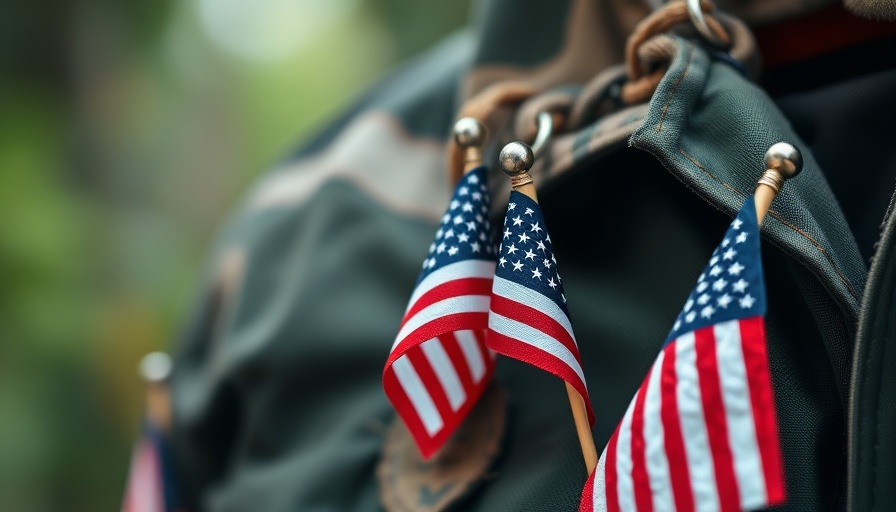
The Launch of the 988 Crisis Line: A New Dawn for Mental Health Support
Three years ago, a pivotal resource for mental health support emerged in the United States: the National Suicide and Crisis Lifeline, more commonly known as 988. This lifeline offers a direct connection to trained crisis counselors for individuals in distress. Unlike traditional emergency services such as 911, which primarily focus on physical emergencies, the 988 line specializes in mental health crises, providing not only immediate support but also directing individuals to local crisis centers for ongoing assistance.
Understanding the Impact: How 988 is Changing Lives
Since its inception, the 988 Crisis Line has received millions of contacts via calls, texts, and chats. A recent study estimates that from July 2022 to December 2024, around 1.6% of the U.S. population engaged with the service. This figure highlights both the escalating need for mental health support and the effectiveness of the hotline in reaching diverse communities. Despite the remarkable usage, reports indicate that awareness of the service remains low in certain regions, prompting the need for increased outreach efforts.
The Importance of Awareness: Breaking Down Barriers
Understanding why some communities are unaware of 988 can shed light on broader societal issues regarding mental health stigma. Many individuals may hesitate to seek help due to fears of judgment or misunderstanding. By highlighting the straightforward access to support that 988 provides, we can foster an environment where seeking help is not only acceptable but encouraged. For instance, educational initiatives in schools and workplaces can greatly enhance awareness, creating more informed communities that recognize signs of mental distress.
Comparing 988 with Traditional Emergency Services
One of the key distinctions between 988 and 911 is their respective approaches. While 911 responds to immediate physical threats, 988 focuses on emotional and psychological crises. For example, someone experiencing a panic attack or suicidal thoughts can call 988 and receive compassionate support tailored to their emotional state, as opposed to being routed through a system designed to address physical emergencies. This distinction is crucial in ensuring that mental health crises are treated with the sensitivity they deserve.
Future Predictions: Expanding the Reach of Mental Health Services
The next steps for the 988 Crisis Line involve expanding its services and outreach. Experts predict that as mental health awareness continues to rise, the demand for accessible resources like 988 will increase. This could lead to the establishment of more localized support centers, which would ensure that individuals across varying demographics have access to mental health resources tailored to their cultural and regional needs. As we navigate a post-pandemic landscape, the importance of mental wellness is more critical than ever.
Practical Insights: How You Can Support Mental Health Initiatives
For business leaders, particularly in tech-driven industries, there are meaningful steps you can take to support mental health initiatives. Consider implementing employee assistance programs that provide access to counseling services like 988. Moreover, fostering a workplace culture that prioritizes mental health can play a significant role in reducing stigma and encouraging employees to seek help when needed. Hosting workshops or training that focus on resilience and stress management can empower your workforce.
Conclusion: Be a Part of the Change
In conclusion, the 988 Crisis Line represents a vital resource for individuals in emotional distress, though its effectiveness is heavily reliant on widespread awareness and understanding. Educating your communities about this resource not only aids those in need but contributes to a broader cultural shift towards embracing mental wellness. As professionals in high-stress environments, it's crucial to be informed about available resources and advocate for their use. Take action today by sharing information about the 988 Crisis Line with your network and encourage open conversations about mental health.
 Add Row
Add Row  Add
Add 




 Add Row
Add Row  Add
Add 

Write A Comment